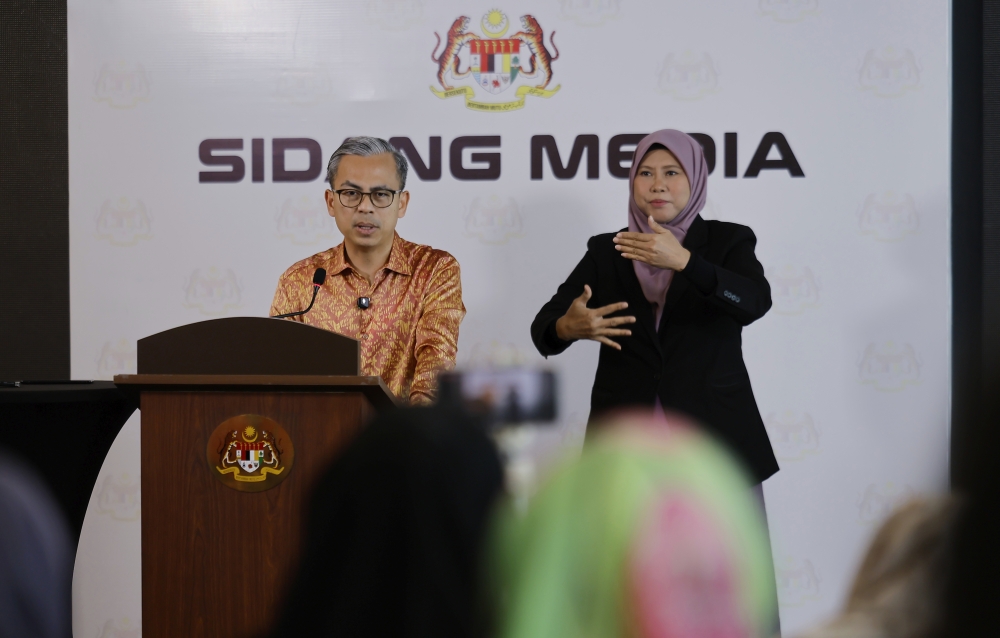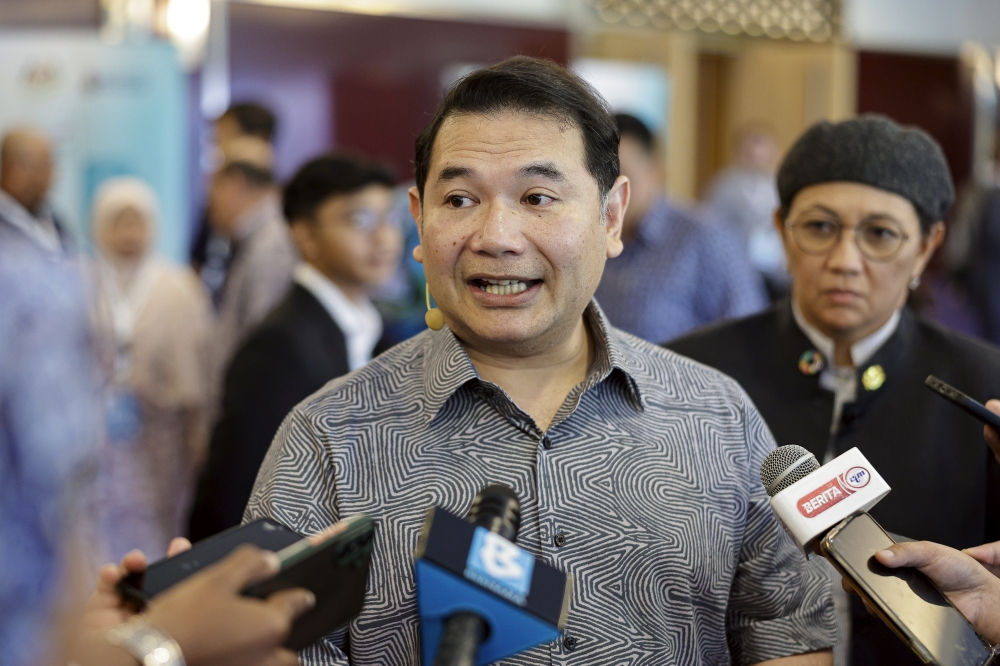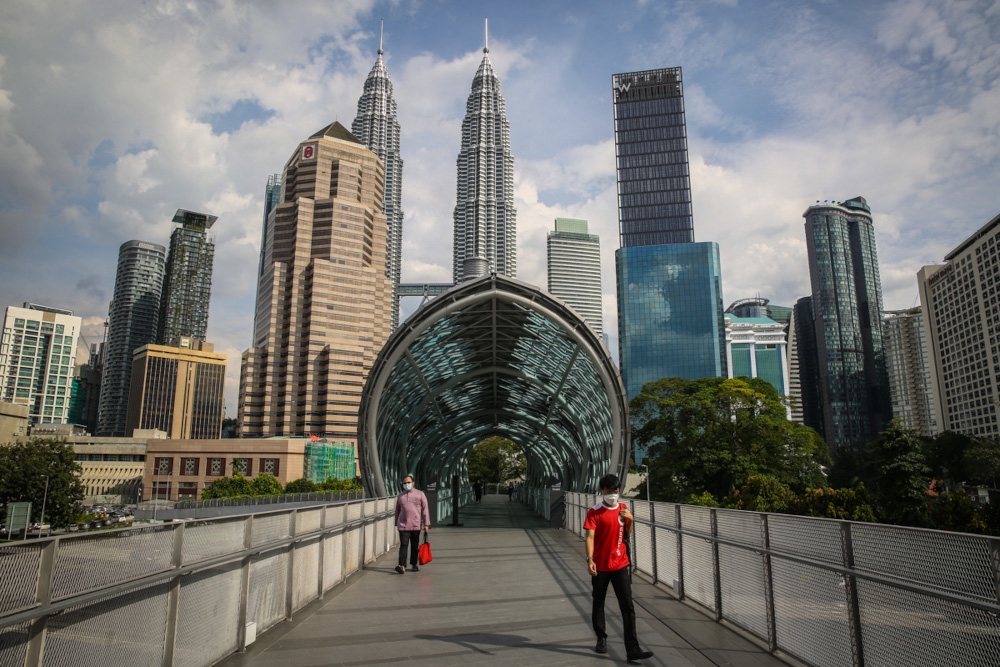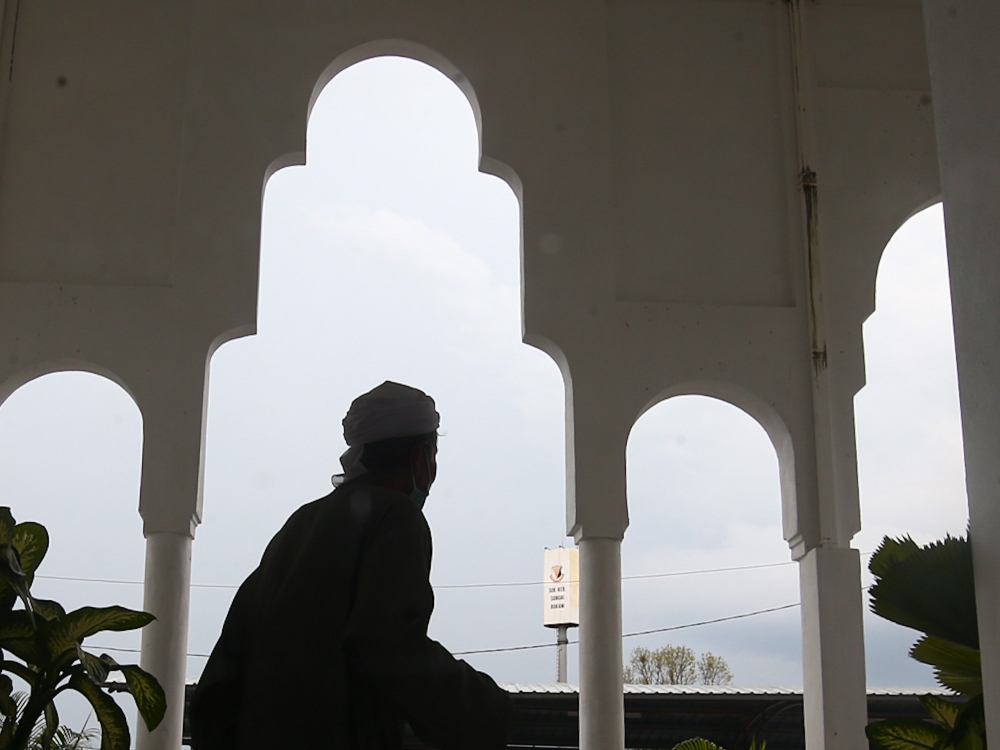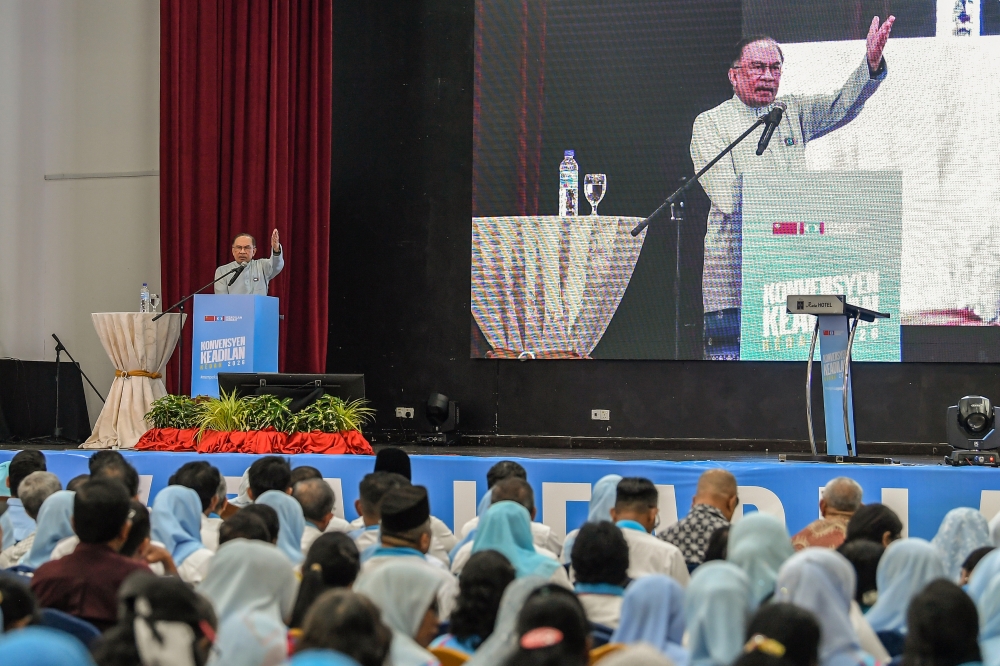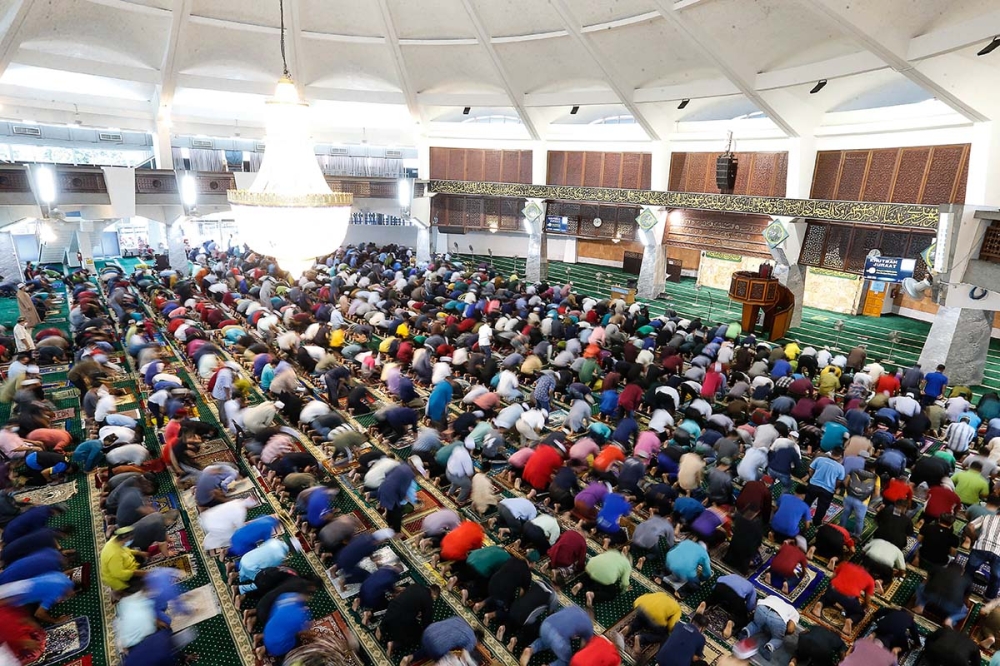DECEMBER 31 — So, what does 2018 have in store for Europe?
For a continent covering 10 million square kilometres and containing 50 separate nations with a population of 750 million, that’s obviously a rather broad question. And considering the many variables which will shape the direction of the next month, the only honest answer is: we don’t know.
Nevertheless, it’s easy to identify a few common strands which are likely to shape Europe’s agenda over the next 12 months, and they are the same as those which were also predominant in 2017: namely, the closely linked themes of nationalism and immigration.
Wherever you look across the continent, a variation on those themes are at the forefront of public discourse.
In Italy, a newly-announced general election, scheduled for early March, will see the ruling Democratic Party challenged by anti-globalist, Euro-sceptic group M5S (Five Star Movement) and strongly nationalist party Forza Italia.
Across the Mediterranean, Spain’s sense of self is being strongly questioned by the ongoing Catalan campaign for independence, which remains in limbo after regional elections resulted in a small majority for separatists.
In the east, the historically turbulent state of Poland experienced an upsurge in support for nationalists, whose recent marches have featured racist slogans such as “Pure Poland, white Poland” as part of their demands for greater controls over immigration from non-European, non-Christian countries.
Similarly, nearby Hungary continues to be polarised by an ideological battle between ultra-conservative Prime Minister Viktor Orban and more outward-looking attitudes espoused by billionaire investor George Soros, with Orban using his Christmas address last week to assert his nation’s mission is “to ensure that our homeland remains Christian and that Europe remains European.”
Orban’s views find plenty of support across the border in Austria, where recent elections saw the far-right Freedom Party — born out of the remnants of the Nazis after the Second World War — join a coalition government which plans to introduce a new hard-line policy on immigration, with particular emphasis on fighting the “Islamisation” of Europe.

And in the United Kingdom, of course, the tortuous process of Brexit will continue to prominently feature fierce debates over the country’s place in the world and the extent to which borders should remain open after the exit from the European Union is completed.
Hungarian PM Orban, perhaps, is the most accurate general representative of the widespread views that European countries should protect their local cultures and resist the spread of foreign influences, and his Christmas message can be seen as one of the most eloquent arguments in favour of anti-immigration policies.
Quoting the commandment from the Bible that Christians should “Love your neighbour as yourself”, Orban goes on to argue that “we must love our neighbour, but we must also love ourselves. Loving ourselves also means accepting and protecting everything that embodies what we are and who we are. Loving ourselves means that we love our country, our nation, our family, Hungarian culture and European civilisation.”
If you take out the word “Hungarian” and substitute in “British”, “Austrian” or wherever else on the continent you might find yourself, you’ll got a neat encapsulation of the views espoused by right-wing conservative, anti-Islam traditionalists all over the continent, who ultimately all want the same thing: to keep out Muslims.
There’s obviously a large amount of racism at play here, and the insistence that Europe should remain Christian (ignoring the awkward fact that Christianity didn’t actually originate in Europe) can also be interpreted as an insistence that Europe should remain white, based on the simplistic if erroneous conclusion that white skin = Christian and dark skin = Muslim.
It’s clear that this is by no means a small-scale phenomenon localised to just one or two countries. From Hungary and Poland in the east, the UK in the north and Italy in the south, the key question is the same: should Europe be the preserve of Europeans, or should outsiders also be allowed in?
The fact that this question is being posed also represents a pretty fundamental threat to the “project” being undertaken by the European Union as a political and cultural entity, which can perhaps be distilled to three key elements: promoting shared values whilst protecting local identities and supporting external communities.
These three aims are, at times, deeply contradictory. For starters, if the EU is attempting to promote shared values, what are they? Democracy? Free-market economies? Welfare state? If there is to be unity, that unity has to be based on something, but it’s not clear what that something is.
Secondly, how can unity be achieved without sacrificing local identities? Even on the most basic level of co-existence, communication, some kind of compromise is needed: as there is no shared European language, should everyone across the continent be forced to learn English, or French, or German, so they can understand each other? Without communication there can be no co-operation, so this is a very important question.
Even if you can solve all the issues presented by the desire for unity without losing local differences, there’s still another almighty matter to tackle in the form of immigration. How should those shared European values, whatever they are, be applied to non-Europeans? Should they be welcomed and assimilated, or kept at arms’ length for fear of dissolving the attributes European-ness?
None of these questions have simple answers, or even definitive answers at all, and the fluid nature of humanity is such that they will never be framed in the same way by the same person. What’s important to me might be irrelevant to you, and neither of us are fundamentally right or wrong in our diverging beliefs and ambitions.
That doesn’t mean, however, we should just give up on fantasies of unity and understanding across Europe. Because, for all its flaws and complications, the EU can boast one major achievement during its 60 years of existence: peace.
In a corner of the world which was riven by endless cycles of conflict over several centuries, with at least 80 million people being killed in the 10 years of the First and Second World Wars alone, there has been no armed conflict since the foundation of the European Economic Community, the forerunner of the modern EU, in 1957.
Whatever your views on politics and religion, that is a very significant success, and it suggests that however difficult it might be to answer the questions facing Europe, trying to answer them together is well worthwhile.
I hope 2018 continues to see Europeans strive for unity, rather than falling apart.
* This is the personal opinion of the columnist.





